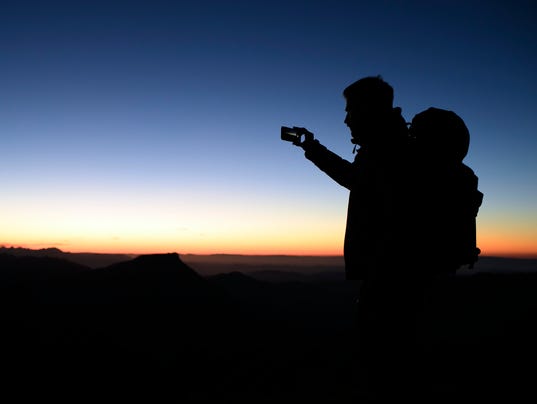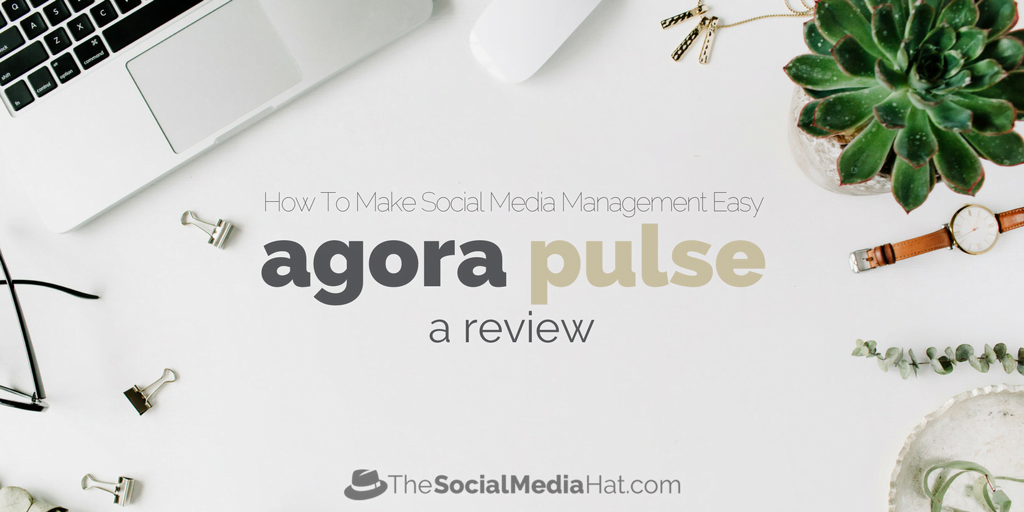‘); hiddenDoc.close() })();{“uid”:2,”hostPeerName”:”https://www.usatoday.com”,”initialGeometry”:”{\”windowCoords_t\”:70,\”windowCoords_r\”:1358,\”windowCoords_b\”:692,\”windowCoords_l\”:7,\”frameCoords_t\”:1013.9375,\”frameCoords_r\”:761,\”frameCoords_b\”:1013.9375,\”frameCoords_l\”:161,\”styleZIndex\”:\”auto\”,\”allowedExpansion_t\”:0,\”allowedExpansion_r\”:0,\”allowedExpansion_b\”:0,\”allowedExpansion_l\”:0,\”xInView\”:0,\”yInView\”:0}”,”permissions”:”{\”expandByOverlay\”:false,\”expandByPush\”:false,\”readCookie\”:false,\”writeCookie\”:false}”,”metadata”:”{\”shared\”:{\”sf_ver\”:\”1-0-14\”,\”ck_on\”:1,\”flash_ver\”:\”0\”}}”,”reportCreativeGeometry”:true,”isDifferentSourceWindow”:false,”goog_safeframe_hlt”:{}}” scrolling=”no” marginwidth=”0″ marginheight=”0″ width=”0″ height=”293″ data-is-safeframe=”true” style=”border: 0px; vertical-align: bottom; min-width: 100%;”>
Hunters and gatherers were are far less risk for infectious disease because they didn’t encounter very many new people very often. Their exposure was low, and contact among such bands was sporadic enough that diseases couldn’t spread very fast.
It wasn’t until you crowded thousands, or tens of thousands of them, along with their animals, into small dense areas with poor sanitation that disease outbreaks took off. Instead of meeting dozens of new people per year, an urban dweller probably encountered hundreds per day. Diseases that would have affected only a few people at a time as they spread slowly across a continent (or just burned out for lack of new carriers) would now leap from person to person in a flash.
Likewise, in recent years we’ve gone from an era when ideas spread comparatively slowly, to one in which social media in particular allow them to spread like wildfire. Sometimes that’s good, when they’re good ideas. But most ideas are probably bad; certainly 90% of ideas aren’t in the top 10%. Maybe we don’t know the mental disease vectors that we’re inadvertently unleashing.
It took three things to help control the spread of disease in cities: sanitation, acclimation and better nutrition. In early cities, after all, people had no idea how diseases spread, something we didn’t fully understand until the late 19th century. But rule-of-thumb sanitation made things a lot better over time. Also, populations eventually adapted: Diseases became endemic, not epidemic, and usually less severe as people developed immunity. And finally, as Scott notes, surviving disease was always a function of nutrition, with better-nourished populations doing much better than malnourished ones.
More: Blowing up the debt is a threat to America: Leon Panetta
POLICING THE USA: A look at race, justice, media
Maybe there are some lessons for us here. We don’t know much about the spread of ideas, or what would constitute the equivalent of intellectual indoor plumbing. (Censorship isn’t enough, as it often just promotes the spread of bad ideas that people in power like). Over time we’ll learn more. Maybe we’ll come up with something like the germ theory of disease for ideas.
And perhaps people will acclimate. Twitter is still new, and amplifies crazy opinions. People may learn to spend less time on social media or to avoid them altogether. (In Neal Stephenson’s The Diamond Age, the elites of the future consume their news on paper, and send each other handwritten notes; electronic communication is for the plebes.) But that will take time.
Where we can do something right away is with the equivalent of nutrition. Traditional training in critical thinking — the sort of thing the humanities used to revolve around, before they became focused on “social justice” — seems like it would be a useful protective. A skepticism regarding groupthink, ad hominem arguments and virtue signaling would likely offer considerable protection against the sort of mass hysteria we seem increasingly vulnerable to. Likewise, a social consensus on important ideas — the kinds of things we used to teach in civics classes — would help.
Better nourished minds are likely more resistant to social-media contagion. We’d better do something about it, before the real epidemic strikes.
Source:-usatoday






